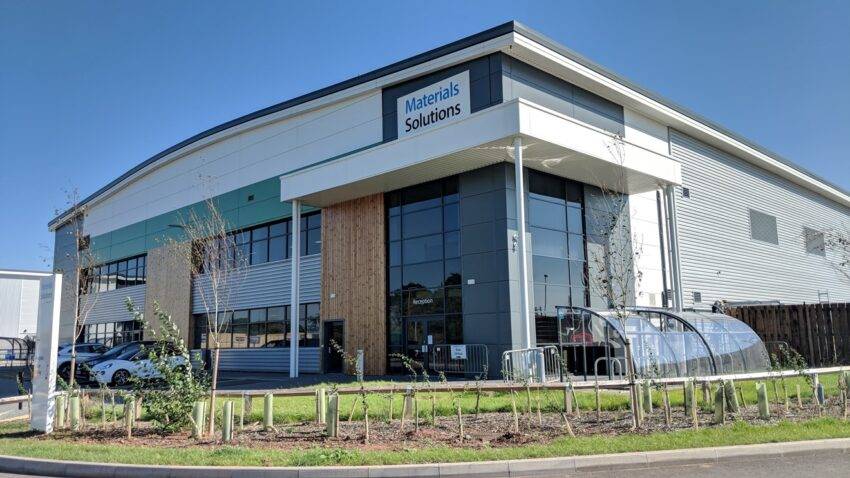
Siemens, the German technology giant, has unveiled plans to invest £100 million in a new manufacturing centre at its Chippenham rail signalling factory site in Wiltshire, England.
This investment is part of Siemens’ broader strategy to modernise its manufacturing facilities and enhance its presence in the UK.
The new facility, slated to open in 2026, will replace the existing Chippenham factory, which has been a hub for designing and manufacturing signalling and control systems for railways for over a century. Siemens intends to transfer the 800-strong workforce from the old site to the new one seamlessly, ensuring no disruption to production.
This announcement marks Siemens’ second major investment in UK manufacturing infrastructure in recent years, following its £200 million investment in a new train factory in Goole, East Yorkshire, set to commence operations this year. The Chippenham project underscores Siemens’ commitment to the UK market and its aim to bolster rail technology and transportation infrastructure in the country.
Siemens Mobility UK and Ireland’s joint CEO, Rob Morris, emphasized the significance of the investment, describing it as a robust commitment to Chippenham and the broader UK manufacturing sector. He highlighted Siemens’ pivotal role in transforming rail and transportation in Britain, citing the application of cloud-based rail technology to bridge the gap between physical and digital realms in railway operations.
The UK government’s recent announcement of a £360 million investment in various manufacturing and research projects aligns with Siemens’ expansion plans. This includes significant funding for aerospace R&D and initiatives to support low-carbon manufacturing, aimed at positioning the UK as a global leader in innovative industries.
While the government portrays these investments as vital steps towards securing highly skilled jobs and driving long-term economic growth, critics, such as Labour’s shadow business secretary Jonathan Reynolds, argue that more substantial and sustained support is needed to address the UK’s lagging business investment compared to its G7 counterparts.
Nevertheless, Siemens’ commitment to investing in state-of-the-art manufacturing facilities in the UK reflects the country’s potential as a hub for cutting-edge technology and innovation in the years to come.